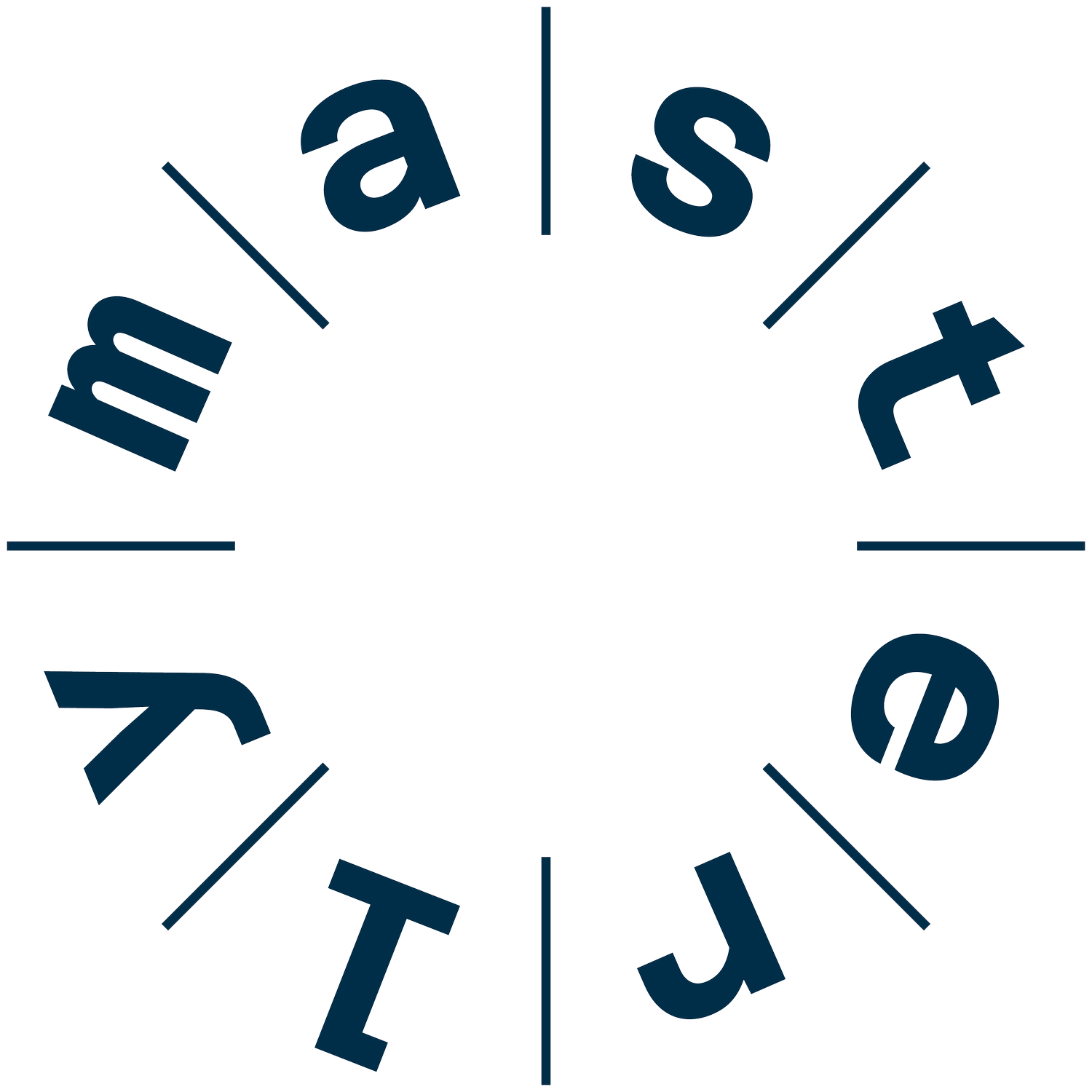The RULER technique for Emotional Intelligence
There are not often new models in emotional intelligence that give a fresh and helpful way to see the topic. The four-quadrant model by Daniel Goleman has been dominant for over 20 years and is still widely used (including by me!) It is always good though to have a fresh perspective and Professor Marc Brackett offers that in his book, Permission to Feel. His approach to EQ centers on the RULER model. I found the RULER technique a simple and helpful tool to explore the elements involved in emotional intelligence and as a process to improve self-awareness and appropriate emotional expression. Below is my summary of the model.
RECOGNITION
Recognition is all about understanding what 'zone' your emotions are in. Brackett rates your emotional state on the dimensions of energy and pleasantness. So you can be:
High Energy, High Pleasantness (sociable, friendly)
Low Energy, High Pleasantness (calm, happy)
High Energy, Low Pleasantness (angry, aggressive)
Low Energy, Low Pleasantness (depressed, moody)
Recognising emotions also means correctly recognising the emotions of others. Often, we are bad at this because our own emotions interfere with how we perceive the emotions of others. If we don't acknowledge our emotions, we can project them onto other people.
UNDERSTANDING
Understanding is about knowing where your emotions are coming from. So, once you know what zone you are in you can then acknowledge why are you feeling that way. Understanding can be hard because it forces you to face reality - you may resist this step because once you acknowledge why you are feeling something you then need to do something about it (if it is causing a negative emotion). Here are some questions you can ask to better understand your emotions:
What just happened? What was I doing before this happened?
What might have caused my feelings or reaction?
What happened last night, or this morning that might be involved?
What has happened before with this person that might be connected?
What memories do I have about this situation or place?
What have I been recently thinking about?
Regulating emotions comes at the last stage, but it is important to recognise that understanding an emotion itself is a form of regulation. Understanding forces you to explore the emotion and think about it from a different perspective which helps regulate the feeling.
LABELLING
Labeling is where we get specific with naming what the emotion is. Most of us have a very limited emotional vocabulary, this limits how well we can express what we feel for ourselves and for the benefit of others. Getting the language right is important because words carry meaning. If you say you are angry that has a very different connotation than if you said you were upset or disappointed. The language you use generates thoughts and further feelings so using the wrong words can unnecessarily escalate your feelings in an unhelpful direction. Using the right words also helps others know how to interact with us and helps them to understand our actions better. Most of us have a very limited emotional vocabulary. We use only a handful of words to describe how we are feeling. To increase your vocabulary, google 'emotions wheel' and practice using new words to describe your emotions.
EXPRESSING
Once we know what we are feeling we can decide what we express to the outside world. To share emotions with others requires vulnerability and social awareness. It won't always be appropriate to share everything you are feeling, it also isn't appropriate to conceal everything you are feeling. Expressing is about finding the right balance of appropriate emotional expression that allows you to be your authentic self without negatively impacting others. Usually, people have the hardest time expressing negative emotions but there can also be a pang of guilt and uncertainty over expressing positive emotions. At times we may need to express emotions we don't really feel and suppress emotions that we are experiencing. The challenge is to find a way to honour your true emotions whilst also adapting to the needs of the people and the environment. Expressing requires empathy because we need to understand the impact of our expression on others. We cannot do that if we are only focused on ourselves.
REGULATING
Regulating is the ability to transition from one emotional state to another. Regulation is the most challenging and important of the RULER skills; it represents the highest level of emotional intelligence, the ability to choose how we feel at any given time. There are countless techniques for regulating emotions, Brackett recommends five:
Mindful Breathing
Forward-Looking Strategies
Attention Shifting Strategies
Cognitive Reframing
The Meta Moment
Brackett is the Founding Director of the Yale Centre for Emotional Intelligence and a Professor in the Child Study Centre at Yale University, his work helps both children and adults to get a better handle on their EQ.

